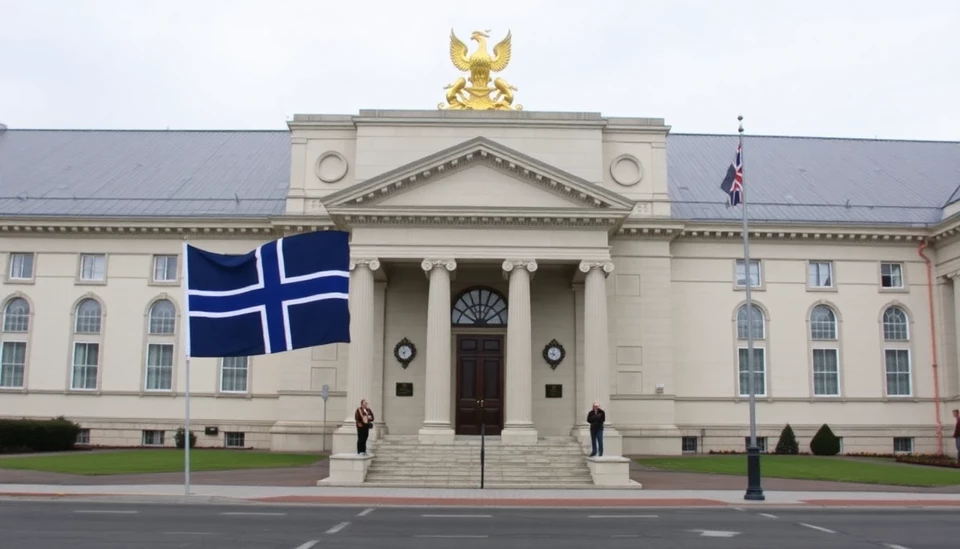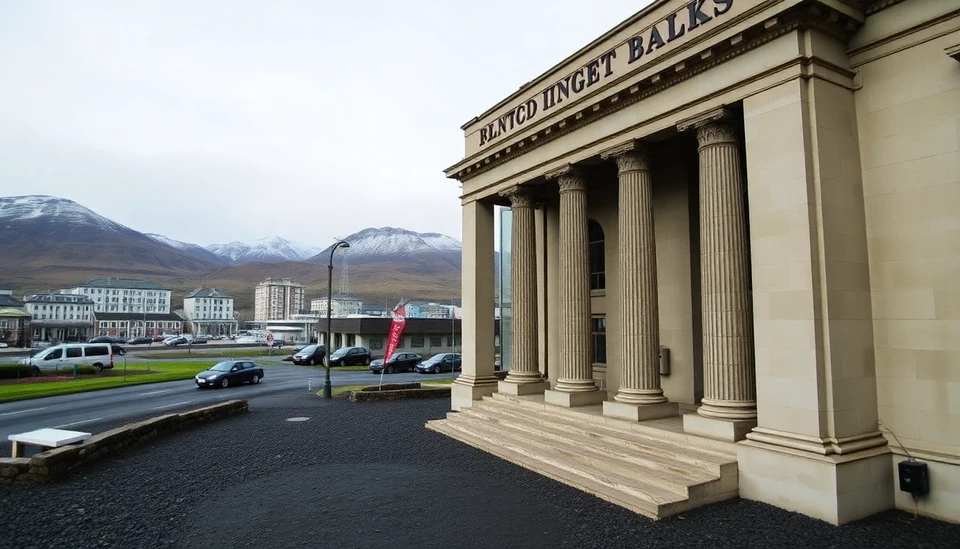
In a notable move, the Central Bank of Iceland has decided to reduce interest rates by a quarter-point, signaling a more measured approach to easing monetary policy amid ongoing economic challenges. This adjustment marks a shift from the previous trajectory of more aggressive rate cuts, as officials weigh the impact of rapidly changing inflationary pressures and global economic conditions.
The bank's latest monetary policy statement highlighted the delicate balancing act faced by policymakers. They acknowledged that while inflation remains a concern, the decision to lower rates was made in consideration of the broader economic landscape. With domestic demand showing signs of cooling and uncertainties in international markets, the central bank is proceeding with caution to ensure that the Icelandic economy does not overheat.
Alan Svavarsson, the Governor of the Central Bank, expressed that this decision is rooted in a thorough analysis of current economic indicators. "We are committed to sustaining price stability while supporting economic recovery," Svavarsson stated in a press conference following the announcement. He emphasized that the central bank will remain vigilant and responsive to future developments.
The decision to cut rates comes in light of recent data that suggests a potential downturn in consumer spending and investment. This trend has raised questions about the sustainability of economic growth and the robustness of the recovery from the pandemic's effects.
Furthermore, the rate adjustment reflects the bank's efforts to support borrowing costs for households and businesses, which are critical for stimulating investment and consumption activities in the nation. The quarter-point cut brings the benchmark interest rate to a record low, an unprecedented move aimed at cushioning the economy from external shocks.
Despite the reduction, the central bank reiterated its determination to monitor inflation closely. Officials are aware of the risks posed by rising prices, particularly in light of disruptions in global supply chains and energy costs. These factors could complicate efforts to maintain stable prices while fostering growth.
Looking ahead, analysts suggest that the central bank might continue its cautious approach in the coming months. Economic forecasts remain volatile, and any future adjustments will likely depend on a careful assessment of both local and international economic conditions. The market reactions to this announcement have been mixed, with some investors expressing concerns about the implications for long-term economic stability.
As Iceland navigates these challenges, it is positioned to attract attention from global investors and economists alike, eager to see how the Central Bank balances the dual objectives of economic recovery and inflation control.
With the international economy continuing to evolve, Iceland's monetary policy decisions will play a crucial role in shaping the financial landscape of the nation going forward.
Stay tuned as we bring you further updates on the implications of this decision and ongoing developments in the Icelandic economy.
#Iceland #CentralBank #InterestRateCut #MonetaryPolicy #EconomicRecovery #Inflation #FinanceNews
Author: Daniel Foster




